Artificial Intelligence and Economic Transformation in LDCs: Bridging or Widening the Gap of Inequalities
Speech by: Ambassador H.E. Magdi Ahmed Mofadal Elnour Permanent Representative of Sudan to the UN and International Organizations in Vienna
LDCs in a Glance

- 45 countries (33 in Africa, 8 in Asia, 3 in Oceania and 1 in the Americas).
- Around 900 million (12%) of the world population.
- Less than 2% of global GDP.
- Around 1% of the global trade.
- Low national income (per capita GDP under $900 ,weak human assets and high economic vulnerability.
AI Opportunities for LDCs
- Boosting productivity and efficiency: (enhancing competitiveness, reducing inflation, increasing incomes).
- Digitalization of government services: (Improving services delivery, reaching remote areas, combating corruption).
- Employment opportunities for skilled labor.
- Expanding access to financial services.
- Providing critical educational and health care services.
- Predicting natural disasters and managing emergency responses to minimize impact.
Main challenges to leverage the potential of AI for LDCs
- Lack or weak ICT infrastructure and data.
- Challenges in power supply: unreliable energy sources.
- Human resources constraints and challenge of brain drain.
- Inadequate cyber security capabilities.
- Weak or non-existent regulatory and ethical guidelines.
- Unattractive investment climate.
- Potential of misuse of AI: (risks of hate speech, social disruption).
- Limited awareness of AI potential.
- High population growth: (strains on resources for skills development and employment).
- Limited financial resources
Impact of Global Geopolitical Polarization on the LCDs’ Quest For AI
- Erosion of multilateralism.
- Militarization and military alliances.
- Hindering bilateral and international cooperation.
- The SDGs. Pushed to back seat
- Diminished developmental aid to the LDCs
- Pressure on LDCs to take sides.
The Way Forward for Enhancing AI To Bridge global Inequalities
- Prioritizing investment in sustainable energy for LDCs
- Strengthening ICT infrastructure and data
- Fostering international cooperation (promoting technical support, funding and transfer of technology of AI to LDCs).
- Recommit to multilateralism and world peace.
- Implementing comprehensive AI skills development programmes.
- Encouraging public-private partnerships.
- Leveraging corporate social responsibility support for establishing or upgrading education and training institutes
- Assisting the LDCs to adopt and implement laws and regulations to govern the use of AI and to strengthen their capacities in cyber security
- Implementing programmes to retain talents.
- Investing in local research capabilities and innovation.
- Increasing scholarships in AI for talented students.
- Raising awareness about the huge potential of AI in all fields and its safe use.
